Stonefolds Farm Cottages – Back British Farming Blog
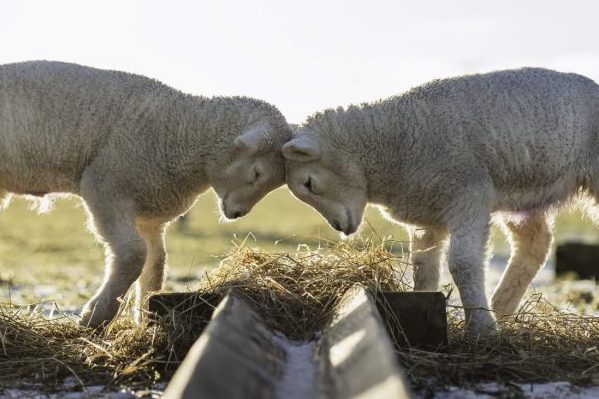
As part of our campaign to Back British Farming we sit down with farmers on our rural community blog, and chat about all things farming. In this blog we spoke with Shirley McNiven (@stonefoldsfarm), who is a farmer based in Fyvie, Scotland. Shirley helped us understand how she came to be a farmer, her journey in farming and advice for first generation farmers interested in making a name for themself in the industry…
A bit about this farmer:
Name: Shirley McNiven
Location: Fyvie, Aberdeenshire
Type of farm: We have sheep and cattle on our farm, which we run alongside four holiday cottages.
What’s your farming background?
I grew up on a mixed livestock and arable farm in Yorkshire. My husband Neil was from the town, however, from a young age he went out to work on farms. We spent time working farms in our local area, saving any money we could to hopefully buy our own farm.
In 1986, we bought a 35-acre croft in Aberdeenshire. It meant moving away from our family and friends but at the time land in Aberdeenshire was much more affordable than in Yorkshire and we really wanted to have somewhere that was ours! During the six years which we lived there we slowly bought more animals, until we had around 40 breeding pigs and 150 breeding sheep.
We bought Stonefolds in 1992, which is 125 acres. Initially we continued to keep around 60 breeding pigs and reared fat pigs alongside a flock of around 200 breeding sheep, however in 1999 we decided to stop keeping pigs. Since then, we have concentrated on building the flock of breeding sheep to around 400, alongside buying and selling store cattle.
When we stopped keeping the pigs, we knew we needed an alternative revenue stream for the farm and that is when we decided to build the first of what would be four holiday cottages. We have welcomed many lovely visitors over the past twenty years and have been grateful to have the opportunity to share an insight into our farming lives with everyone!
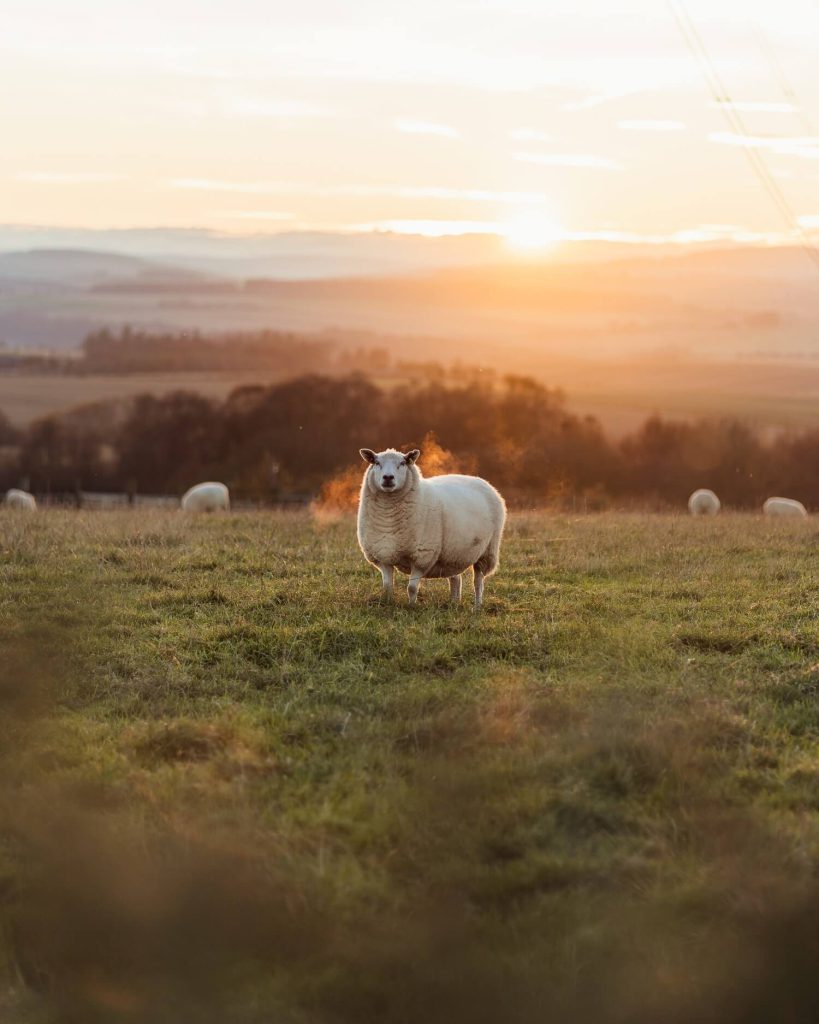
Why did you decide to become a farmer?
Being outside every day and having a varied working day has always been something myself and Neil enjoy. We also could never imagine ourselves working for someone else long term and by becoming farmers we could be self-employed and manage our own business.
What are the key qualities needed to do your job?
Farming can be hard, and you never know what is going to come your way. Being determined, self-motivated and hard working are key but it also helps to have a practical mind for problem solving.
How did you train for and become competent at this role?
Both myself and Neil learned everything we know on the job or from older people in who had experience in the industry.
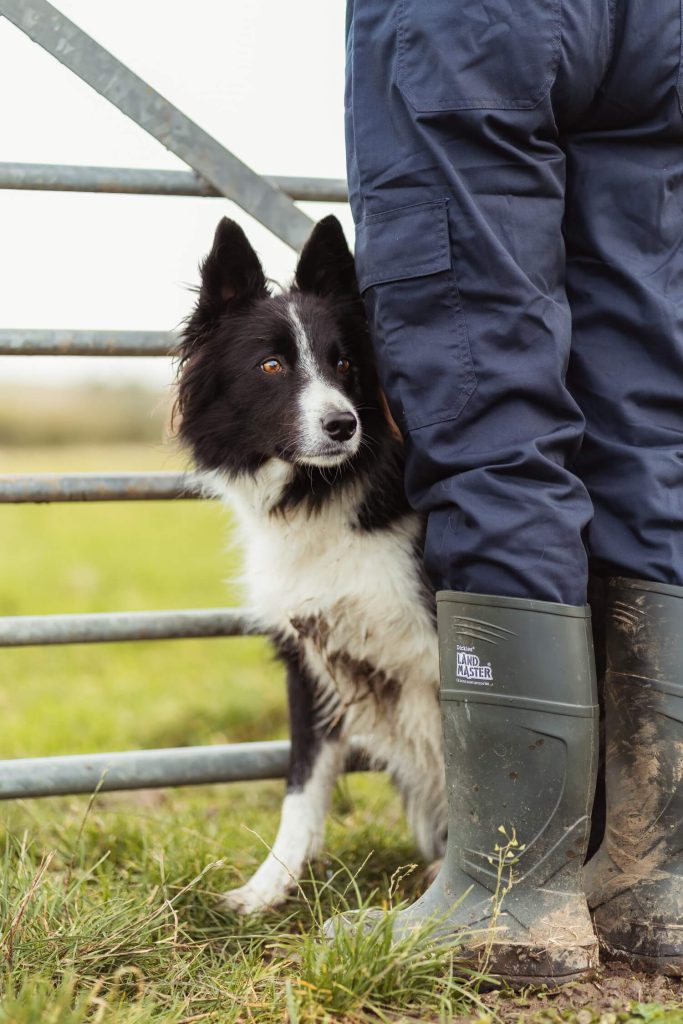
Do you use a sheepdog? What’s his or her name and how long have you had them?
We have two sheepdogs, Meg and Guy. Meg has just turned thirteen, she came to us when she was two years old. Guy is one of Meg’s puppies and he is five years old.
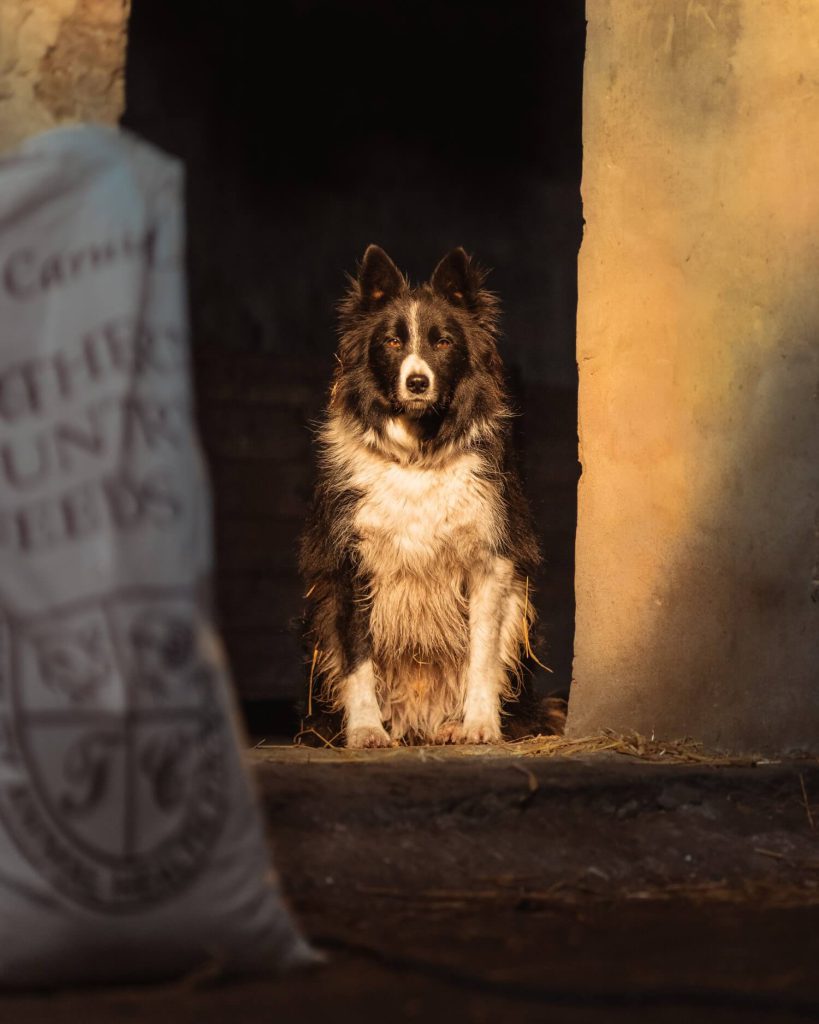
Did you need to do additional training with the dog?
Meg was already trained when we go her, she is an excellent working dog. She likes a slower pace of life in her older age, but she is still extremely eager to work the sheep. We trained Guy with some basic commands as a puppy, however, took naturally to sheep work and learned most of what he knows from working with Meg. Both Meg and Guy are very friendly and are always extremely keen to meet new visitors staying in our holiday cottages.
Do you have children and run a home too? If so, how do you juggle these responsibilities?
We have two grown children. Our son Jimmy lives in Australia and our daughter Lorna who stays a ten-minute drive from the farm. Lorna runs our social media and helps with the farm during busier times of the year. She also takes care of everything when we go on holiday.
When the children were younger it was difficult to balance farming and family life. Both myself and Neil worked on full time on the farm and in the first years when we were still establishing the farm Neil also took other jobs in the area. We did not have any family in Scotland, so we just had to manage both childcare and the farm work ourselves with the occasional help from neighbours and friends. It was hard, but we persevered.
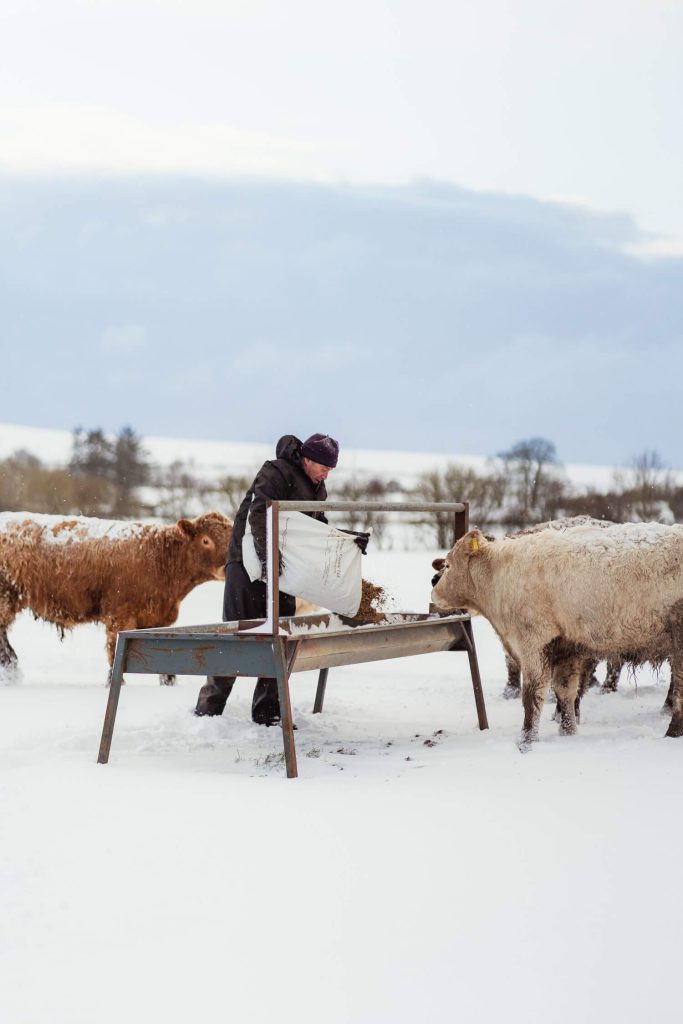
What does a typical working day in your shoes look like?
We are in the lead up to the start of our lambing season, which will begin around the 11th March. Most of our animals are currently housed inside so there are plenty of jobs for us to do in a day.
Our morning begins around 7:30am, when we get up and have breakfast before heading outside to begin our jobs. Neil and I split our morning jobs in which we ensure all the animals are fed, have sufficient hay and fresh bedding.
We head back indoors around 10am for ‘Toast Time’, an essential break for a warming cup of tea and slice (or two) of toast to keep us going! The remainder of our time from there can change daily depending on the requirements of the animals and the business. For example, today, Neil spent the day spreading muck whilst I cleaned the cottage in preparation for visitors arriving.
We finish our day at 4.30pm, feeding the cattle again and taking the dogs for a walk.
Do you get any time off? If you do, what do you like to do?
We have always tried to get away from the farm for a break, even if it is just for an afternoon. Neil and I enjoy cycling so whenever possible during the summer we try to get out and about with our bikes. It has taken many years of only taking small holidays in this country but now our farming year is planned so that we can take more time off in at the end of the year. Usually, we go away somewhere in November or December for some sunshine and relaxation!
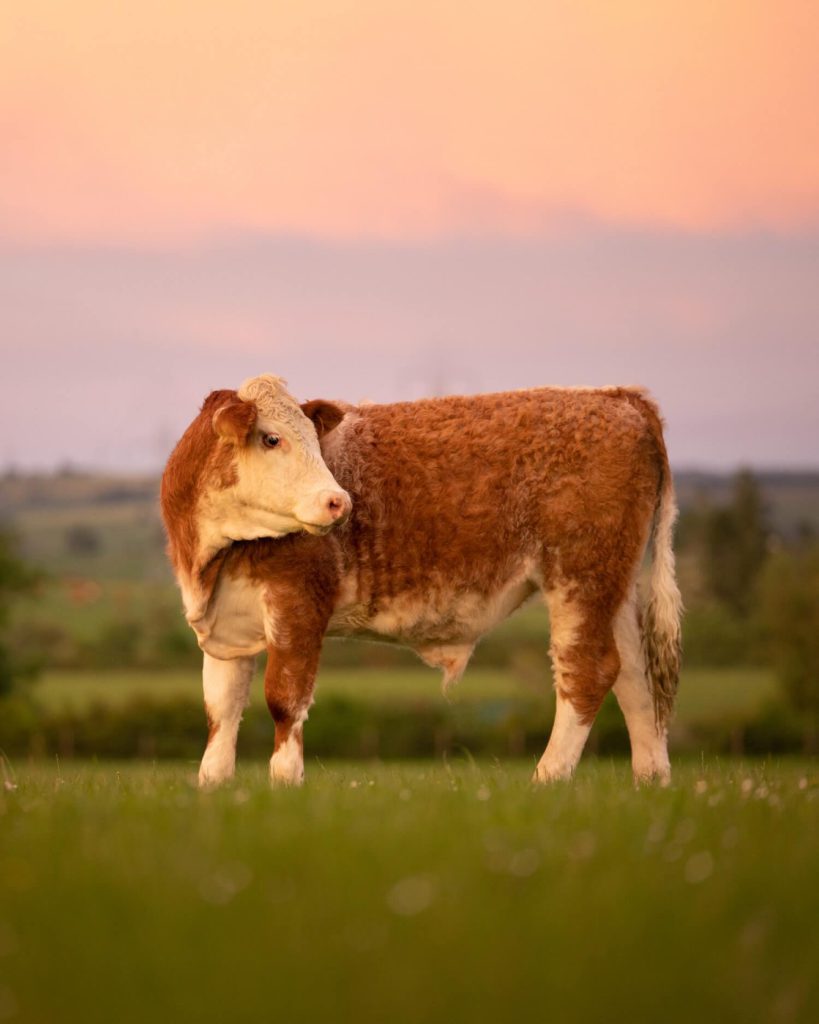
What’s great about being a farmer?
The best part about being a farmer is that you never know what each day might bring and by being self-employee you have the flexibility to live the life you want to create for yourself and your family.
What do you think are the challenges?
Farming can be an isolating job, especially during the busier times of the year. At lambing time, for around six weeks, we find we rarely leave the farm. It can be lonely unless you make the effort to socialise and get away from the farm. At the same time, it can also be very difficult to every fully switch off from the job. There is always another job to be done, or when you leave the farm that something may go wrong in your absence.
Have you always felt supported when learning and on the job?
Yes, we have always had a lot of support from neighbouring farmers. When we first started on our own, we learnt a lot from older farmers and had a very supportive and informative vet.
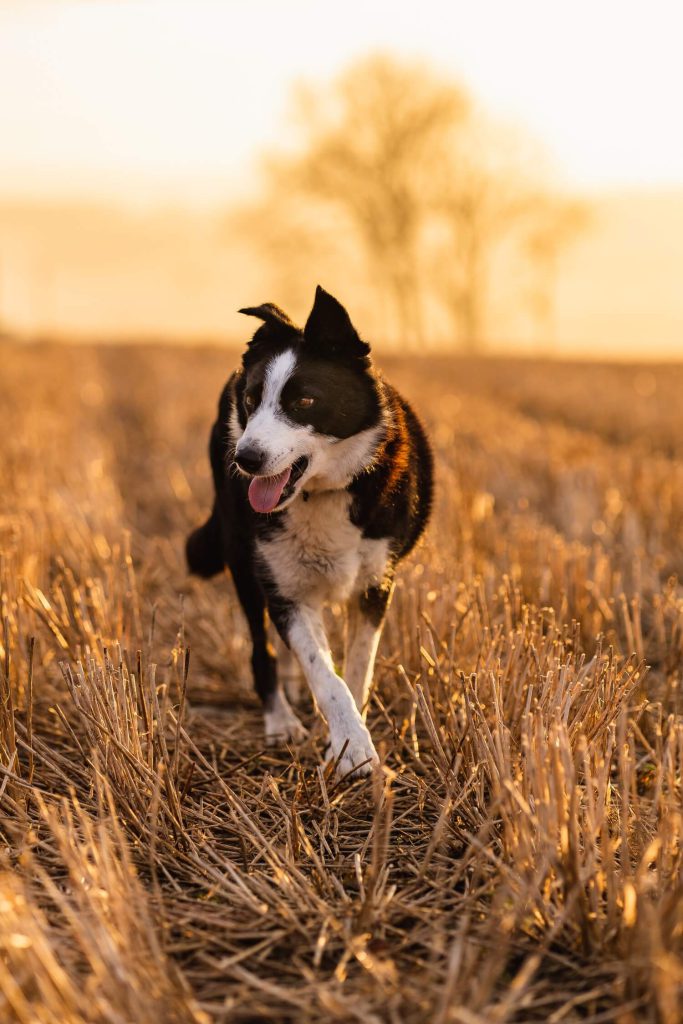
What would you say to other people thinking of becoming a farmer?
Farming isn’t always sunshine and rainbows, but if you are willing to work hard and keep going no matter what life throws at you it will be a rewarding job!
Start small and aim to grow. Don’t expect to buy all the equipment you need straight away; you will always find ways to work with what you can afford or already have.
What job opportunities are available for somebody, man or woman, wanting to enter the trade?
There are plenty of job opportunities for anyone who wants to enter the farming industry. Hands on experience is the greatest way to learn, even if it is just a week here or there working for a local farmer, helping with lambing, or at harvest time, it can add up to a wealth of knowledge.
As we said on Instagram, once the blog is live we will be promoting it across our social channels and likely adding some paid promotion into what we share, so please feel free to plug/mention any businesses/diversifications you are running (your cottages for example) from the farm that might benefit from some increased reach and awareness.
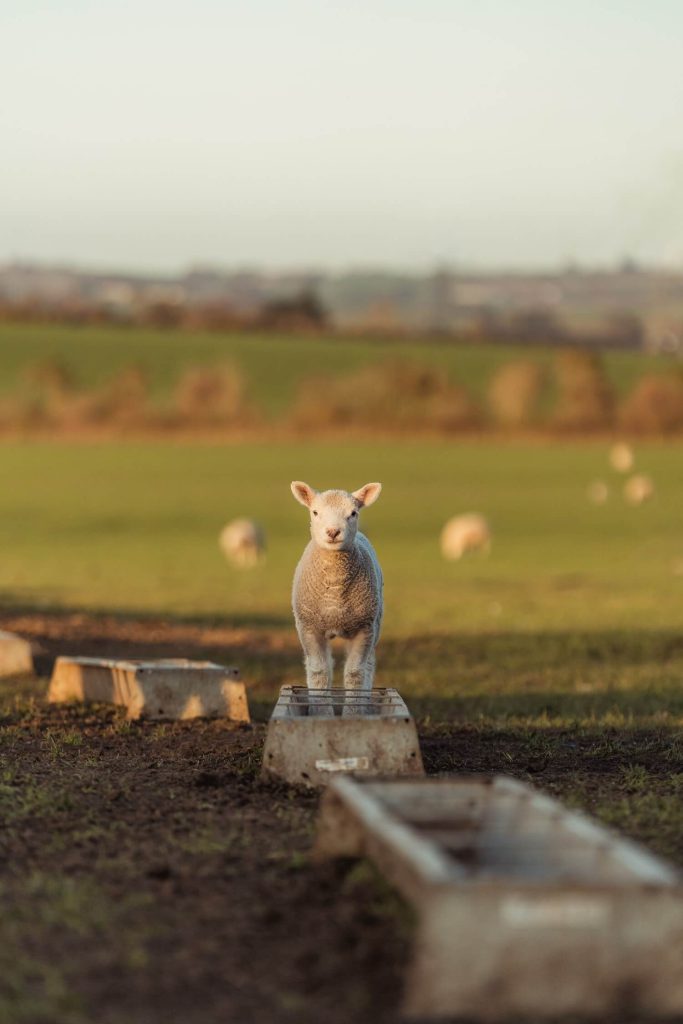
If you’re a farmer and you’d like to contribute in our campaign to raise awareness for the incredible work in British agriculture, please drop us a DM on Instagram – @aplanrural




